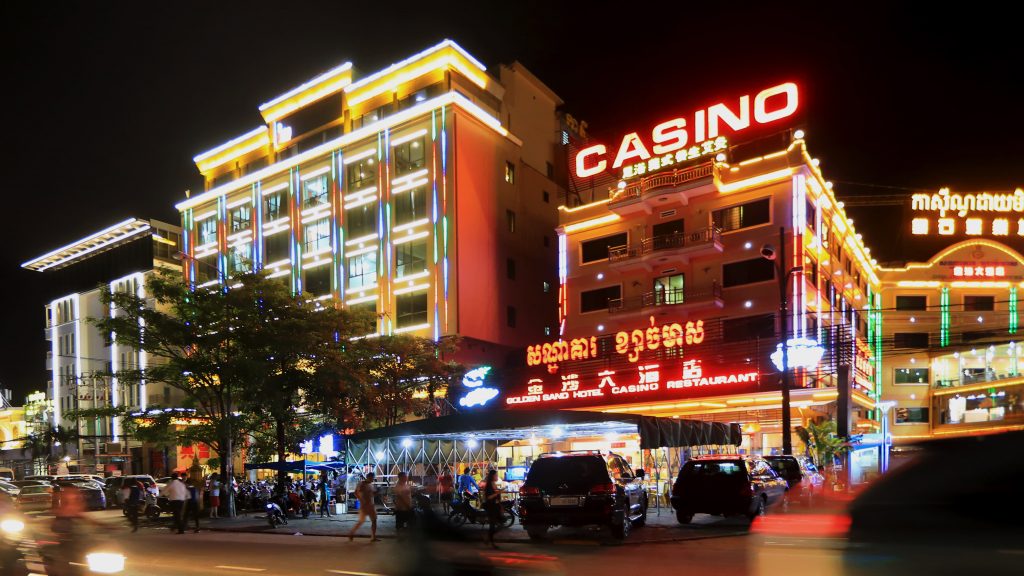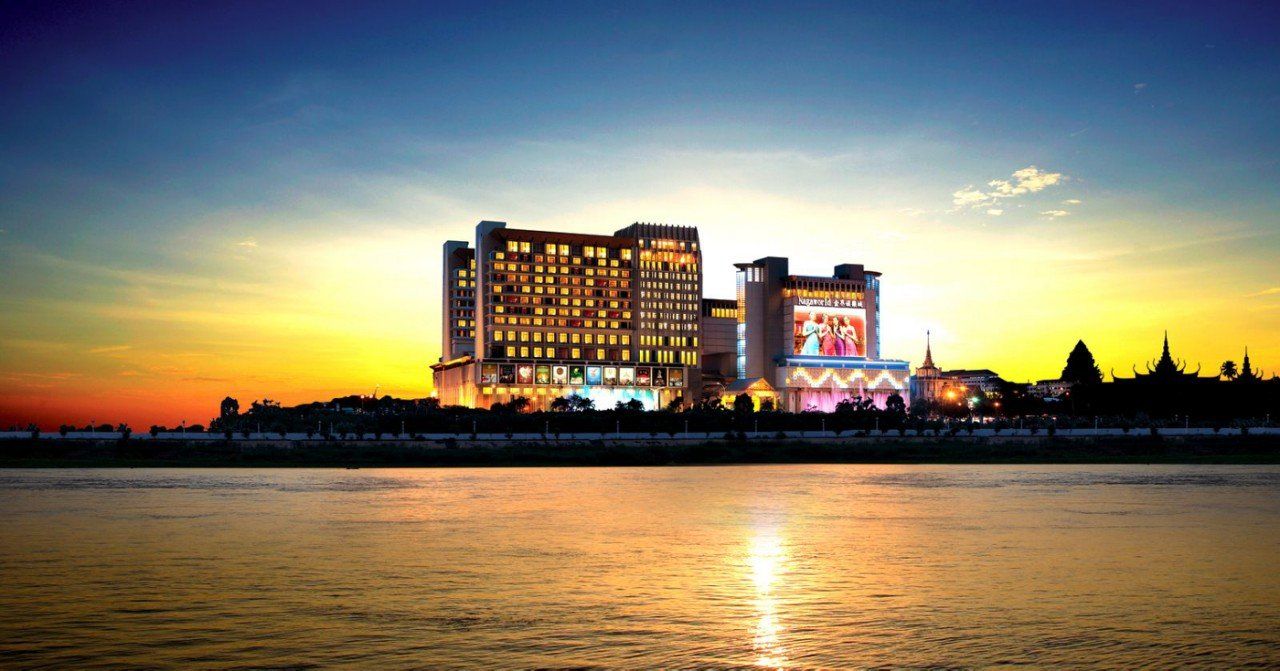A year into Cambodia’s online gaming ban: Casino industry relocates to Myanmar; Sihanoukville in search for a new model - SOMUCHPOKER
The strict gambling regulations in China has forced many of its local capitalists to venture out into neighboring Asian countries to grow and operate its casino businesses. While other countries such as the Philippines, Australia and Macau have tended to the increasing gambling demand of the communist giant, Cambodia has taken a stand to ban online gaming altogether effective earlier this January 2020. This led Sihanoukville, a coastal city in Cambodia once home to over 100 casinos, to be deserted in direct effect of the prohibition as well as the Covid-19 pandemic.

“I see that if Cambodia’s economy continues to depend on online gambling, Cambodia’s national security will be threatened,” said Prime Minister Hun Sen in a public address at the beginning of the year.
“We’ll be under [the influence] of organized crime groups who will come to Cambodia to carry out their activities.”
What’s next for these casinos?
Moving to a different location seems to be the only option these Chinese investors have, given the circumstance. Finding Myanmar as a new haven for its operations, three megacities are progressively turning into hubs for these casinos. While the majority is focused on battling the current global health crisis, these projects have come to fruition moving forward towards a seemingly concerning market.
Yatai City, a supposedly $15 billion smart city project launched by the Myanmar Yatai International Group aimed to carry out the latest blockchain technology, is one of the three megacities now housing the Chinese casinos which once flourished in Sihanoukville, Cambodia.
The second growing casino hub, Saixigang Industrial Zone. is another major project backed by Dongmei Group. While the name itself loosely translates to “surpass Sihanoukville”, a bigger concern is the possibility of illegal activities under its chairman Wan Kuok-koi, a convicted triad member widely known as “Broken Tooth”. The last city included is similarly run by China’s Huanya International Holdings Group and the Association of Business Federations of Sihanoukville.
While the plans may show a step forward in technology and development, the big transformation is believed to show not much benefit for its local citizens. Aside from the growing concern for increased prices, displaced locals and few job opportunities, a pressing outlook of prominent crimes, drug trafficking and money laundering is looming ahead for these apparent casino hubs. The first local outcry was already seen last year as Yatai development, initially given permission to build 59 luxury villas on 25.5 acres of land for $22.5 million, ended up detailing plans covering 29,621 acres, with a $15 billion investment. A thousand times more than the projected, an inspection and temporary suspension were carried out but sooner or later, continued with the construction of its first phase. Targeted to cater to Mainland China, the industry is potentially valued at a staggering amount of $25 billion annually.
Claims of the projects being a part of China’s Belt and Road Initiative, which is a global infrastructure development strategy, have been denied in efforts to distance itself from the growing online gambling industry. The strict nation is said to work with Myanmar to increase overall security and tighten regulations.
The Shwe Kokko New City in Myanmar’s Kayin state “is a third-country investment and has nothing to do with the Belt and Road Initiative”, the Chinese embassy in Myanmar relayed in a statement posted on Facebook.
Sihanoukville looking for a new sustainable economic model: Mass market tourism
Greatly affected by what was once Asia’s second biggest e-gaming market, Sihanoukville is in search of a new sustainable model aside from the gambling scene it used to be. The mass retreat of Chinese investors have left the small town with over 7,000 jobless locals and reportedly 63 closed down casinos. With the coastal city headed towards recovery, improving urban infrastructure is currently underway on the path to becoming a mass market tourism destination.
So far, major changes include the soft opening of its first retail mall earlier this month after three years of construction. The Prince Mall covers an area of 50,000 square meters and now serves as Sihanoukville’s premier shopping destination. Aside from its luxury development, roadworks and sewer system improvements have also been conducted in efforts to draw in visitors and expatriates to the changing environment. While it used to be an uncomfortable hour-long ride from the airport to the center, a more scenic route that takes only half an hour is now available for easier accessibility.
With the Ministry of Tourism clear on transforming Sihanoukville into a family friendly destination, there are no plans to alter its current gambling prohibitions and instead will focus on overall mass market tourism. Hong Kong-listed NagaCorp, which holds an exclusive gambling license for Cambodia’s capital Phnom Penh, is keen on exploring expansion plans without featuring a casino. An integrated resort to complement its main complex NagaWorld will essentially promote tourism and become an added source of revenue for the company.

“It is the intention of the group to be perceived as a more comprehensive and quality integrated resort developer with emphasis also on non-gaming as a source of revenue,” stated NagaCorp.
“We anticipate that the non-gaming and gaming IR will co-exist with each other in a mutually beneficial manner.”
“It is the intention of the group to explore viable and profitable IR development in [the] Siem Reap and Sihanoukville areas. At that point of time, we believe that the group will gain a foothold as a strategic, sizable and comprehensive world-class IR developer to help promote tourism in the Kingdom of Cambodia.”, it further added.
With big name project developers eyeing future progress in Sihanoukville, the seemingly ghost town remains to have a hopeful perspective for the years ahead. In addition, a special economic zone utilizing the country’s only deepwater port holds a lot of potential for growth outside of tourism. Considering the successes it experienced in the past three years, Sihanoukville is eager to rise from the ashes, seeking every opportunity for improvement given the numerous challenges it faces today.



















